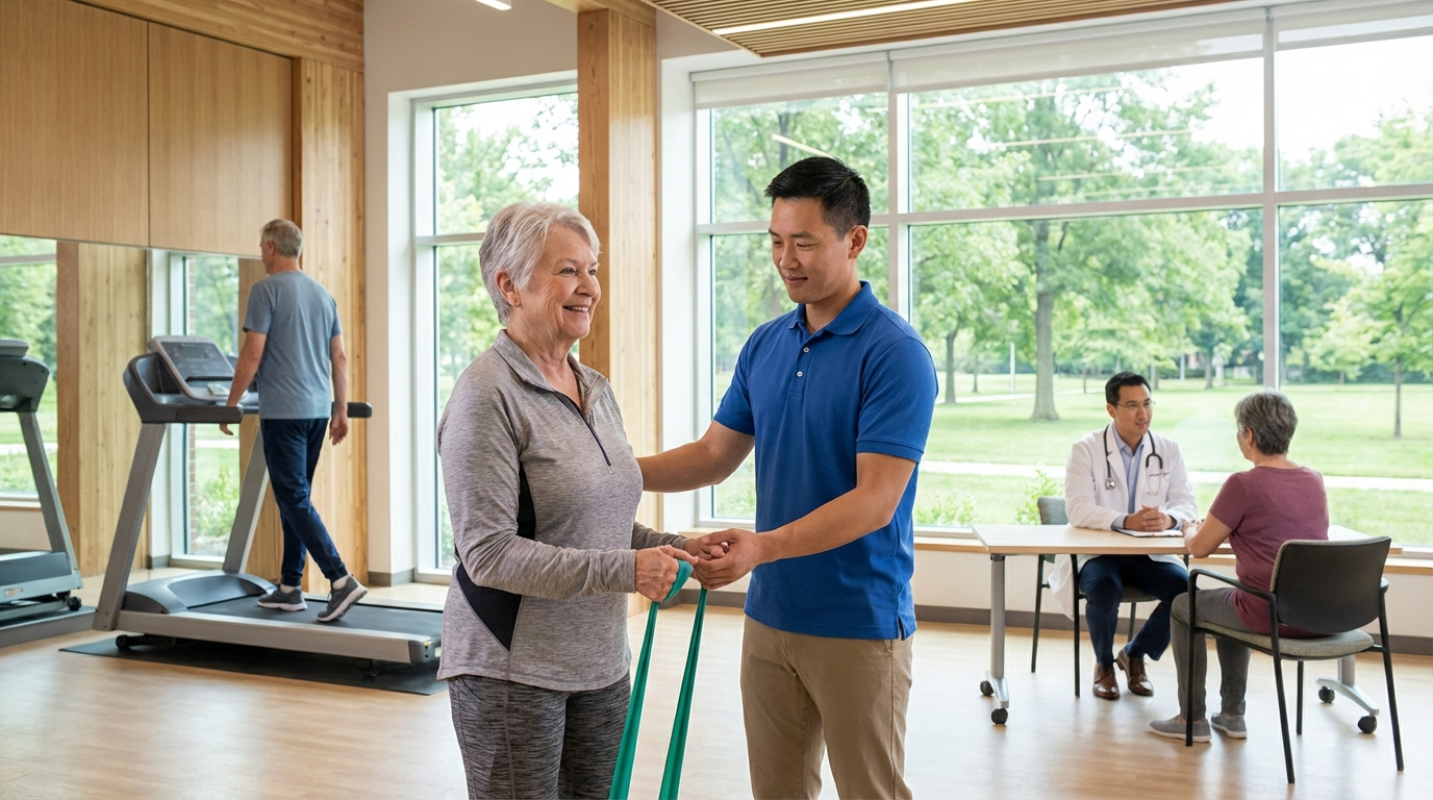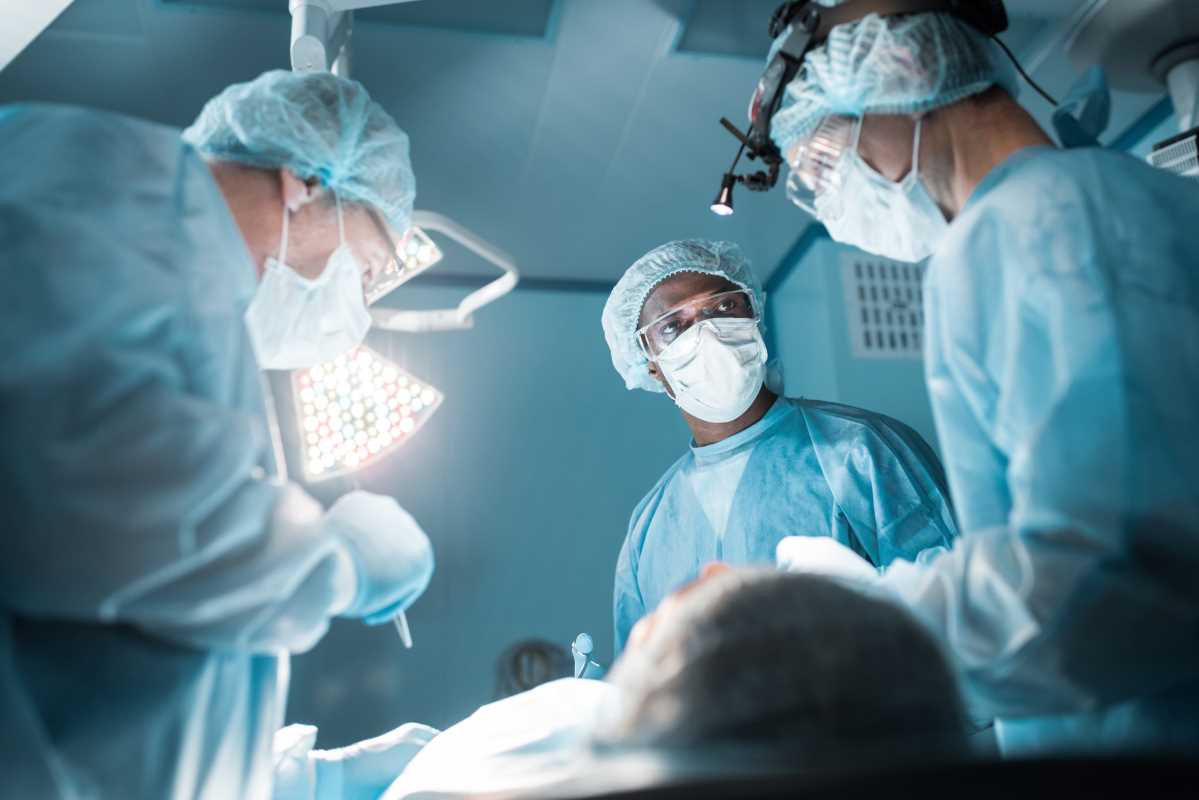If you’re in your 40s, 50s, or 60s, chances are your doctor has brought up the word “colonoscopy” during a check-up. And while the idea of this procedure might feel a little awkward or intimidating, it’s one of the most important steps you can take to protect your health. Colonoscopies are essential for detecting and preventing colon cancer, which becomes a higher risk as we age. Preparing for one might sound like a hassle, but with the right tips and mindset, you can make the process go smoothly. Here’s everything you need to know about colonoscopies, including practical advice on preparation, what to expect, and how to face common concerns.
What is a Colonoscopy?
A colonoscopy is a medical procedure that allows a doctor to examine the inside of your large intestine (also called the colon) for any signs of illness, including precancerous polyps, inflammation, or cancer. During the test, a thin, flexible tube with a tiny camera on the end is inserted into your rectum. The camera sends images to a monitor so the doctor can take a close look at your colon. If they spot any polyps (small growths), they can often remove them on the spot.
Regular colonoscopies are an essential part of preventative health care. Here’s why they matter:
- Colon Cancer Prevention: Colon cancer often starts as polyps, which are easy to remove before they become dangerous.
- Early Detection: If cancer is present, spotting it early dramatically increases the chances of successful treatment.
- Peace of Mind: Knowing your colon is healthy can ease any worries about hidden health issues.
Doctors typically recommend your first colonoscopy around age 45 to 50, or earlier if you have a family history of colon cancer. From there, you may only need a colonoscopy every 10 years, though your doctor will decide the best schedule based on your health.
Practical Tips for Colonoscopy Preparation
The idea of getting ready for a colonoscopy might seem overwhelming, but by following these steps, you can make the process manageable and even stress-free.
1. Understand Dietary Changes
One of the key parts of preparing for a colonoscopy is adjusting your diet in the days leading up to the procedure. Your doctor will give you specific instructions, but here’s a general overview of what to expect.
- One Week Before: You might be told to avoid foods that are hard to digest, such as seeds, nuts, popcorn, or whole grains. These foods can leave residue in your colon, making it harder for the doctor to get a clear view.
- One Day Before: This day is typically reserved for a clear liquid diet. You’ll avoid all solid foods and stick to liquids like water, clear broth, plain tea, gelatin, or sports drinks (avoid red, purple, or blue colors, as they can mimic blood during the procedure).
While a clear liquid diet can be challenging, try to think of it as a short-term step toward better health. Staying hydrated is critical, so drink plenty of fluids throughout the day.
2. Bowel Prep
Bowel prep is the process of emptying your colon so the doctor can get a clear view during the colonoscopy. This step might not be the most pleasant part of preparation, but it’s absolutely necessary for a successful procedure.
Here’s what bowel prep typically involves:
- Laxatives or Bowel Cleansing Solutions: Your doctor will prescribe a specific laxative or powder that you’ll mix with water. You’ll drink this solution according to the instructions, often in two doses (one the evening before and one early in the morning of the procedure).
- Stay Near a Bathroom: Bowel prep works quickly, so be prepared to spend a fair amount of time in the restroom. Have comfortable clothing, books, or your favorite streaming service ready to keep you entertained.
- Follow the Instructions Exactly: It’s important to follow your doctor’s instructions word for word. Skipping steps or trying to “improvise” can lead to an incomplete cleanse, which might mean having to repeat the entire prep and procedure.
A helpful tip is to avoid chugging the prep solution all at once, as this can lead to nausea. Sip it slowly over the recommended timeframe to make it easier on your stomach.
3. Plan for the Day of the Procedure
The day of your colonoscopy requires a bit of planning to ensure everything goes as smoothly as possible.
- Bring a Companion: You’ll be given sedative medication during the procedure, so you’ll need someone to drive you home afterward. Make arrangements with a friend, family member, or rideshare service.
- Wear Comfortable Clothing: Opt for loose, easy-to-remove clothes to minimize discomfort before and after the procedure.
- Arrive Early: Plan to get to the clinic or hospital ahead of your scheduled time so you can check in and relax before the procedure begins.
Your doctor will explain everything that will happen during the colonoscopy, so don’t hesitate to ask questions if anything is unclear.
Addressing Common Concerns
It’s completely normal to have worries or questions about getting a colonoscopy. Here’s how to address some of the most common concerns.
1. Is It Painful?
Good news! A colonoscopy isn’t painful thanks to the sedatives that help you relax during the procedure. Many people don’t even remember it afterward. You might feel a bit of bloating or cramping when you wake up, but this usually passes quickly.
2. What If I Can’t Finish the Prep Solution?
If you’re struggling to drink the entire bowel prep solution because of nausea or the taste, don’t hesitate to call your doctor for advice. Some solutions can be chilled or mixed with clear broth or flavored water (check what’s allowed). Taking breaks between sips can also help.
3. What If They Find a Polyp?
Finding a polyp isn’t uncommon, and most are not cancerous. The doctor will likely remove it during the procedure and send it for testing to determine whether it’s harmless or precancerous.
4. Can I Go Back to My Regular Routine After?
Most people feel back to normal within a few hours after the procedure, but you’ll need to rest and take it easy for the remainder of the day since the sedative can leave you drowsy. By the next day, you should be able to resume your regular activities.
 (Image via
(Image via





